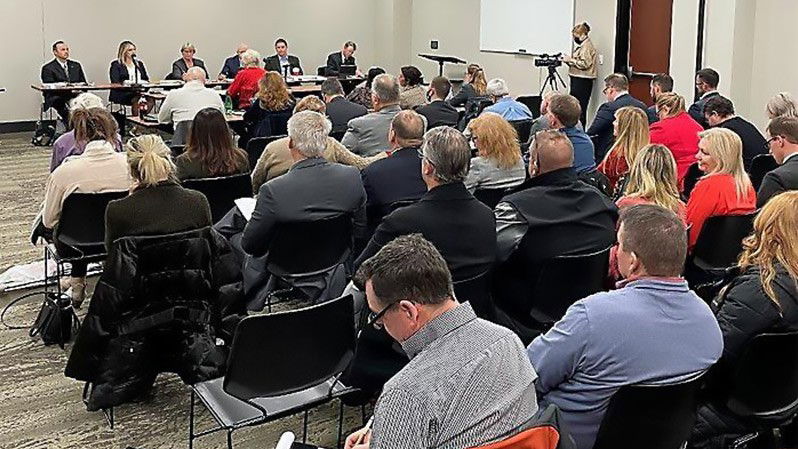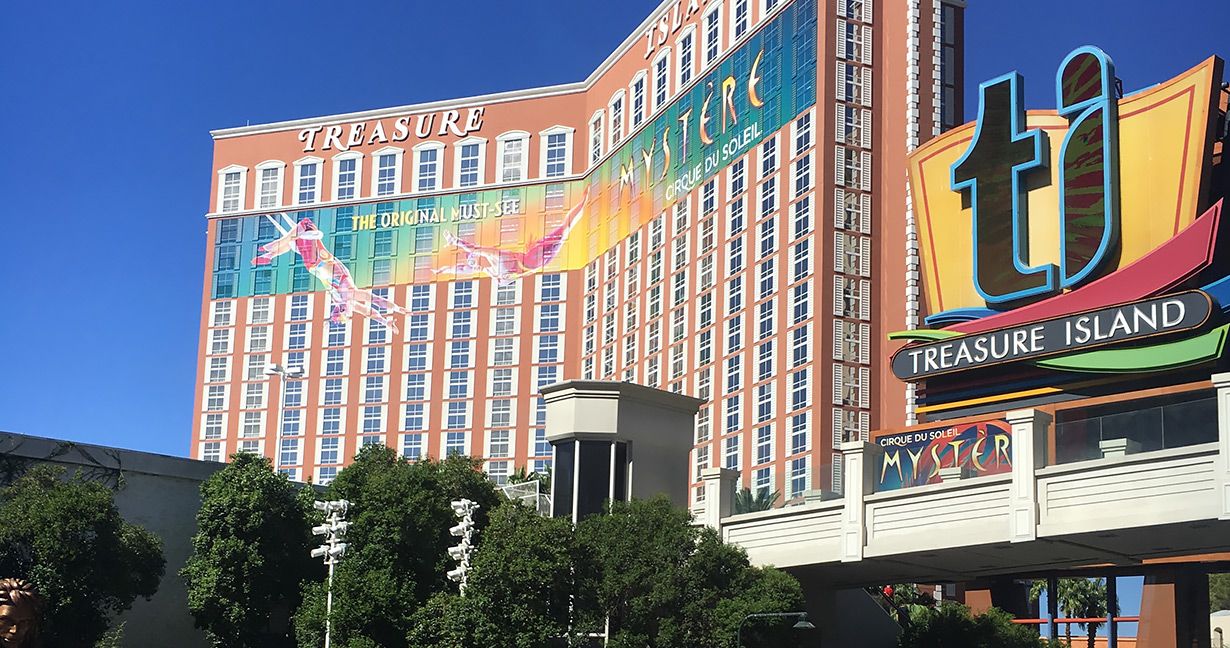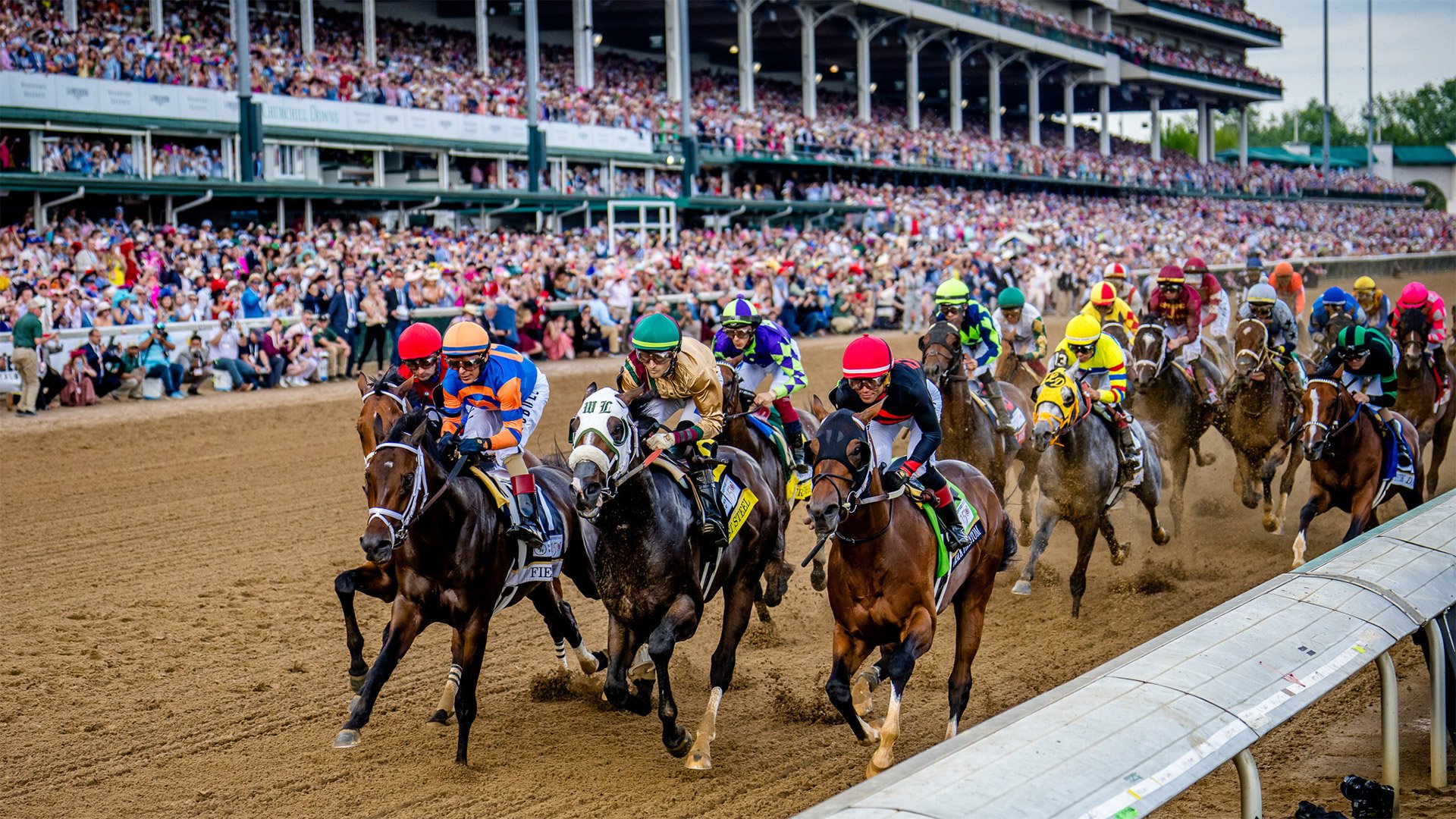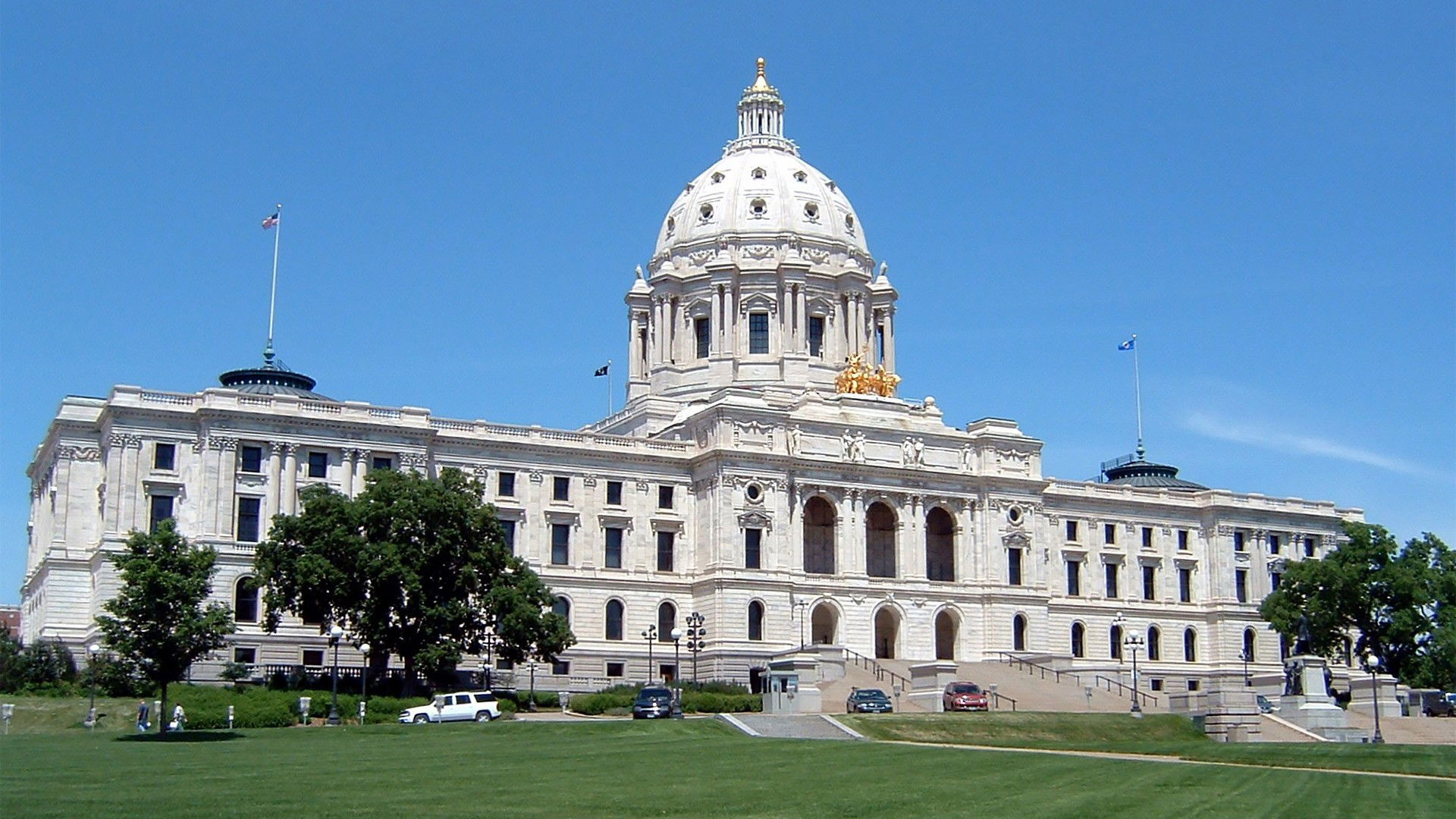Nebraska regulator approves initial rules for casinos at racetracks in "historic" meeting
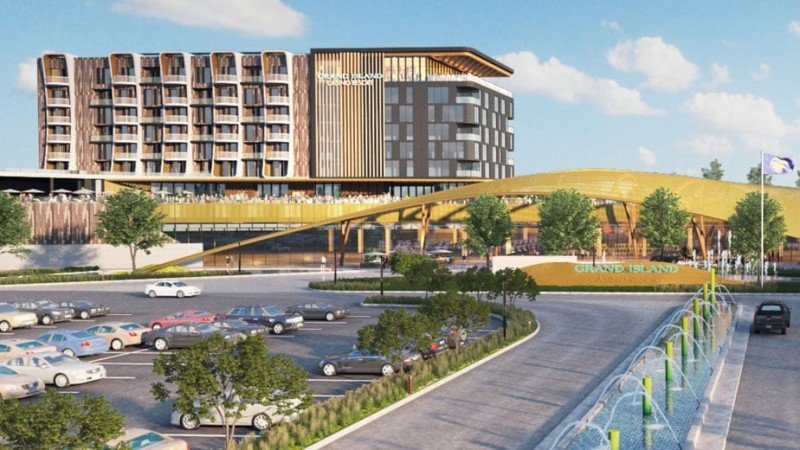
The Nebraska Racing and Gaming Commission has unanimously voted to approve rules for casinos at the state’s horse racetracks. The decision was taken last Friday, in a move that has been described as “historic” by commissioners for the state.
Following the 6-0 vote, the rules package now moves on to Attorney General Doug Peterson and Gov. Pete Ricketts for appropriate sign-off. Once this happens, the rules will go to the Secretary of State, and would become effective approximately a week later, reports Lincoln Journal Star.
"This is kind of a very historic moment today in the history of Nebraska racing," said Dennis Lee, chairman of the commission. The decision is set to allow casinos at Nebraska horse tracks, nearly 90 years after the state first authorized betting on horse racing.
Nebraska Racing and Gaming Commission meeting on Friday.
The road to this new development first started in November 2020, after voters in the state overwhelmingly approved a constitutional amendment allowing tracks to conduct casino gaming. Casino and racetrack operators have shown support to the legalization throughout the process, including the newly-passed rules.
"They, in our opinion, have extensive focus on integrity and security, which we think is essential," Lynne McNally, executive vice president of the Horsemen's Benevolent and Protective Association, said of the 67 pages of regulations, according to the previously cited news source.
When deciding on the final rules, the Nebraska Racing and Gaming Commission took into account language in the constitutional amendments voters approved, as well as standard industry practices and input from both consultants and industry experts.
The rules call for an initial casino licensing fee of $1 million for a 20-year license. They are also set to foster “ethical” gaming operations, according to Sean Boyd, president of Global Gaming Nebraska, a subsidiary of the Chickasaw Nation of Oklahoma.
Groups opposing gambling, including the Nebraska Family Alliance, have said the proposed rules were thorough and recognized the commission did a measured job when establishing them. "It looks very thorough, and it looks like you put a lot of time and energy into it," said Pat Loontjer, from the Gambling With The Good Life organization.
Organizations have, however, suggested changes to language to ensure casinos are required to post signs about casino gambling, and prohibitions from targeting certain groups with advertising. Also, some parties have called for not expanding casinos beyond the existing six horse tracks in the state.
However, amendment language did not spell how many casinos are allowed, or where they can be located. So far, all six existing tracks have publicly announced plans to seek casinos. The latest to do so was Hastings Exposition and Racing, which is proposing a new facility on 160 acres just north of the city near Lochland Country Club.
Operators of the existing tracks have argued the state would not be able to support more than the six casinos which would now be set for development. They have expressed worries that a further gambling expansion would lead to market saturation.
In an effort to solve this issue, Senator Tom Briese of Albion, chairman of the Legislature’s General Affairs Committee, said he plans to introduce legislation next month to require casinos to be at least 50 miles apart and have a minimum number of annual live race days. This could potentially limit further casino development, especially in eastern Nebraska.


